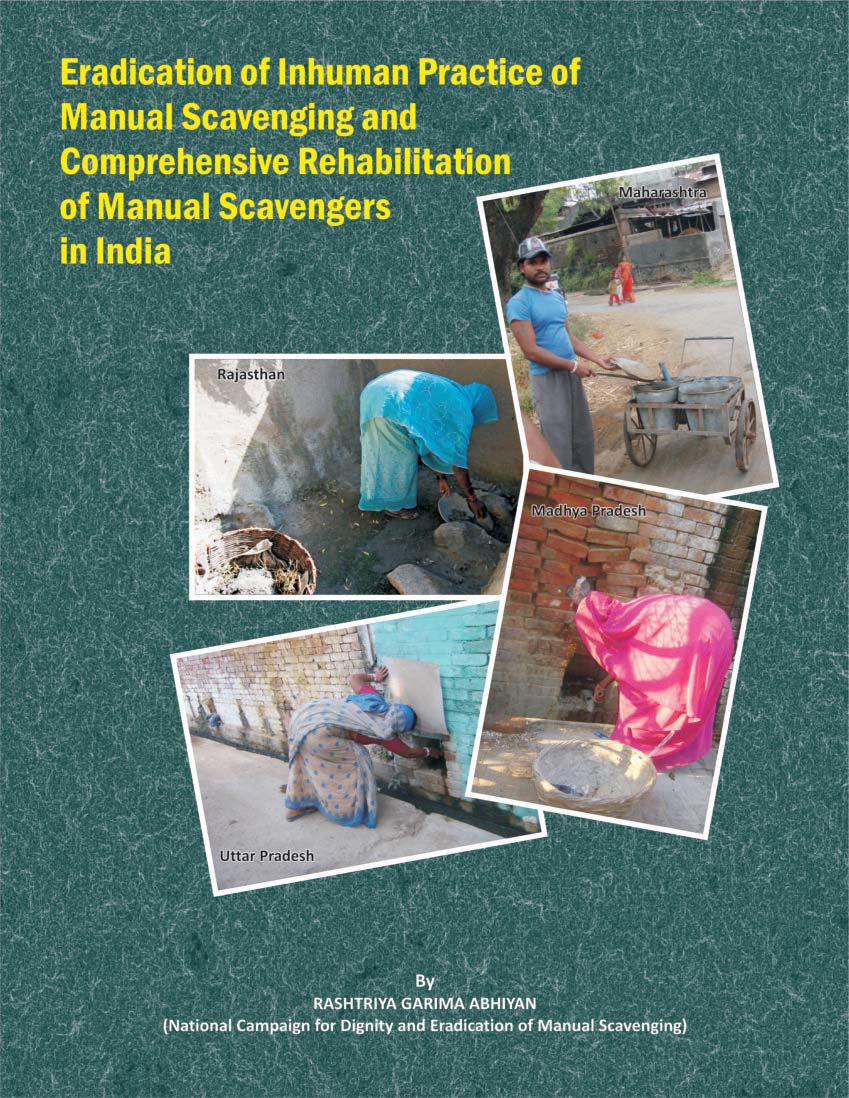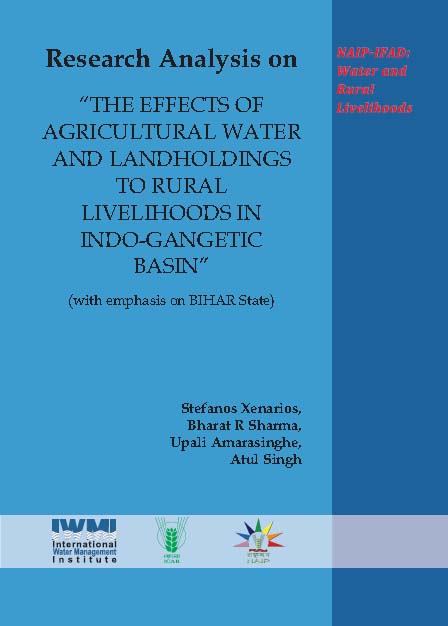/topics/society-culture-religion-and-history
Society, Culture, Religion and History
Inviting endorsements on a submission to the WGEEP for declaring the rivers in the Western Ghats as Ecologically Sensitive Areas (ESAs)
Posted on 22 Apr, 2011 12:58 PMDear friends,
We are all aware of the immense ecological, cultural and social significance of rivers originating and flowing through the Western Ghats. This includes source regions of East flowing rivers like Krishna, Godavari and Cauvery and the source, riparian and estuarine region of all West flowing rivers.
We are lucky to still have some of the very few and very rare 'free flowing rivers' in the country. Most of the rivers in our country have been dammed and diverted. This has changed the ecological and physical characteristics of these rivers completely. Today, it is difficult for us to visualise the amazing range of ecological goods and services that an undammed, free flowing river can provide. Some such rivers in the Western Ghats are Shastri, Aghanashini, Gargai and Seetha Nadi.
Eradication of inhuman practice of manual scavenging and comprehensive rehabilitation of manual scavengers in India – A report by Rashtriya Garima Abhiyan
Posted on 21 Apr, 2011 09:15 PM The practice continues in the country in spite of efforts of several people, implementation of government schemes such as the National Scheme for Liberation and Rehabilitation of Scavengers since 1992 and Self Employment Scheme
The practice continues in the country in spite of efforts of several people, implementation of government schemes such as the National Scheme for Liberation and Rehabilitation of Scavengers since 1992 and Self Employment Scheme
Traditional fishing techniques of tribes in Bastar region of Chhattisgarh – A paper in the Indian Journal of Traditional Knowledge
Posted on 20 Apr, 2011 07:52 AMTribal habitat and rich primitive culture covers many traditions and fish is an integral part of the tribal food habit since times immemorial in this region. The life of tribes mainly depends on naturally available foods which can rarely be reaped in other places. The fishing techniques are specialized according to structure, size of stream, season and species of fishes intended to be harvested.
Development of training module for water safety plan in urban areas - A document by ESCI
Posted on 20 Apr, 2011 03:48 AMA Water Safety Plan (WSP) is an improved risk management tool designed to ensure the delivery of safe drinking water. It identifies hazards, means to control them, means and actions to identify loss of control and its restoration. It comprises system assessment and design, operational monitoring and management plans (including documentation and communication). Water quality guidelines have been issued by the WHO.
The effects of agricultural water and landholdings to rural livelihoods in Indo-Gangetic basin – Research analysis by IWMI and ICAR with an emphasis on Bihar
Posted on 18 Apr, 2011 11:56 PM The current research analysis by International Water Management Institute (IWMI) in cooperation with ICAR Resear
The current research analysis by International Water Management Institute (IWMI) in cooperation with ICAR Resear
Bhisti community in Kolkata usurped by taps - A film from Video Volunteers
Posted on 18 Apr, 2011 12:15 PM
Indigenous pest management practices prevalent among hill farmers in Uttarakhand – A paper in the Indian Journal of Traditional Knowledge
Posted on 17 Apr, 2011 04:57 PMThis paper in the Indian Journal of Traditional Knowledge aims to describe indigenous pest management (IPM) practices being followed by farmers of Bageshwar district of Uttarakhand and their belief behind following them.With those practices, farmers would manage pests effectively without deteriorating environment. These practices could be very important if incorporated into integrated pest management research to enrich the research process and make it more relevant for the farmers.
Transparent & participatory governance in functioning of the decision-making committees on water resources
Posted on 16 Apr, 2011 03:46 PMTo
Shri Salman Khurshid,
Union Minister of Water Resources,
Shramshakti Bhawan,
Rafi Marg,
New Delhi - 110001
2. Secretary, Union Ministry of Water Resources
3. Chairman, Central Water Commission
4. Deputy Chairman, Planning Commission
5. Member (Water), Planning Commission
6. Ms Aruna Roy, Chairperson, Working Group on Transparency, Accountability, Governance at National Advisory Council
Demography and development: Preliminary interpretations of the 2011 Census - EPW Articles
Posted on 16 Apr, 2011 11:34 AMLiteracy rates have increased sharply between 2001 and 2011; some of the low performing rates have shown strong improvements, the others have not. The dismal picture in the 2011 Census is that even as the overall sex ratio has improved due to better adult female mortality that of the child sex ratio has further deteriorated.





